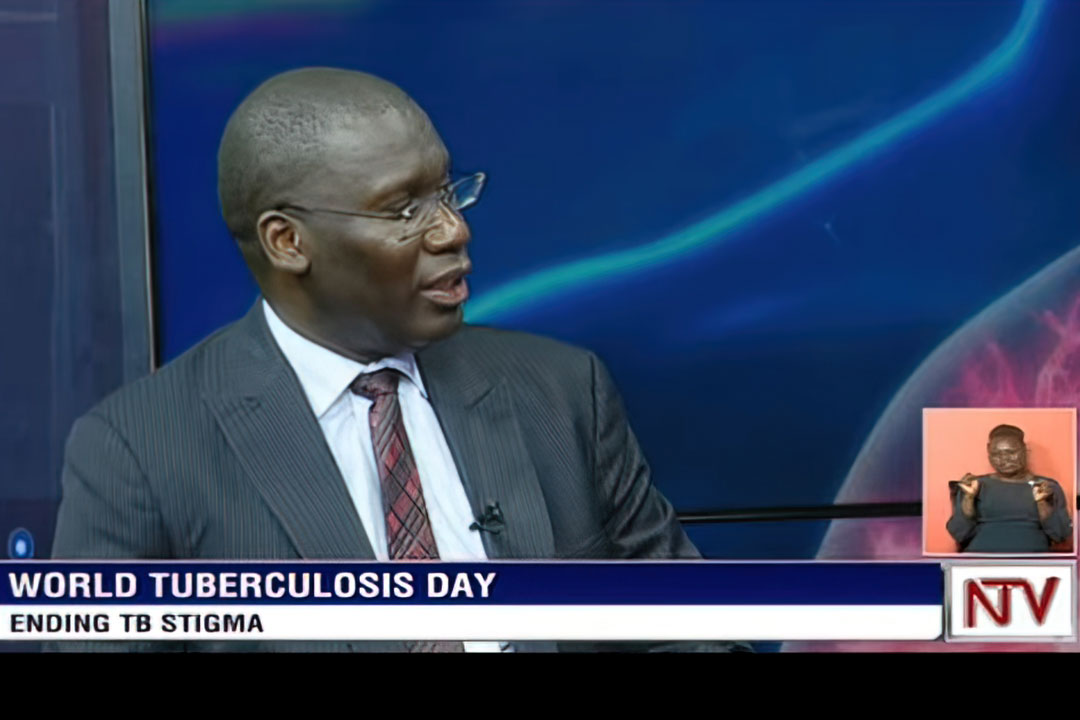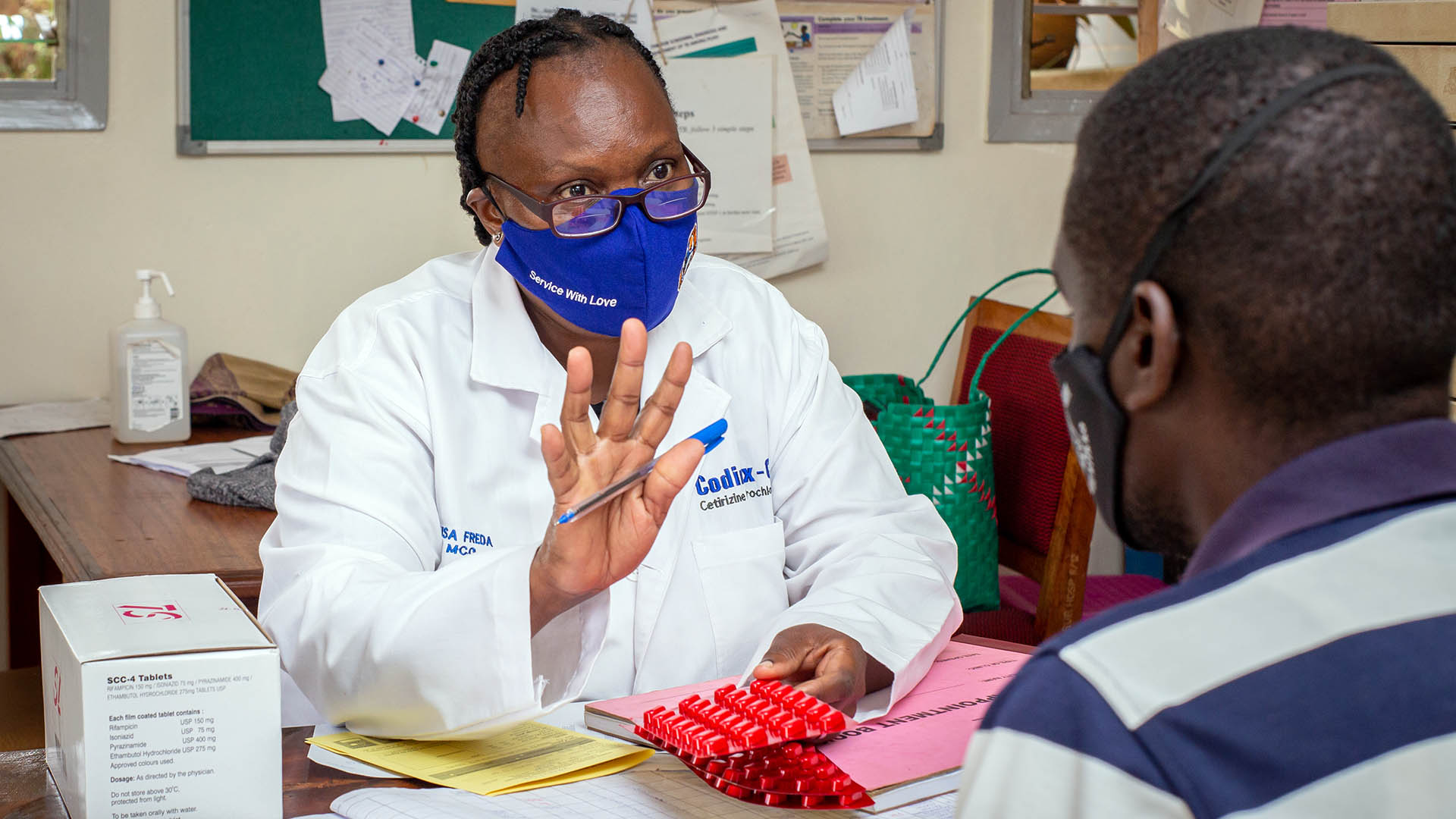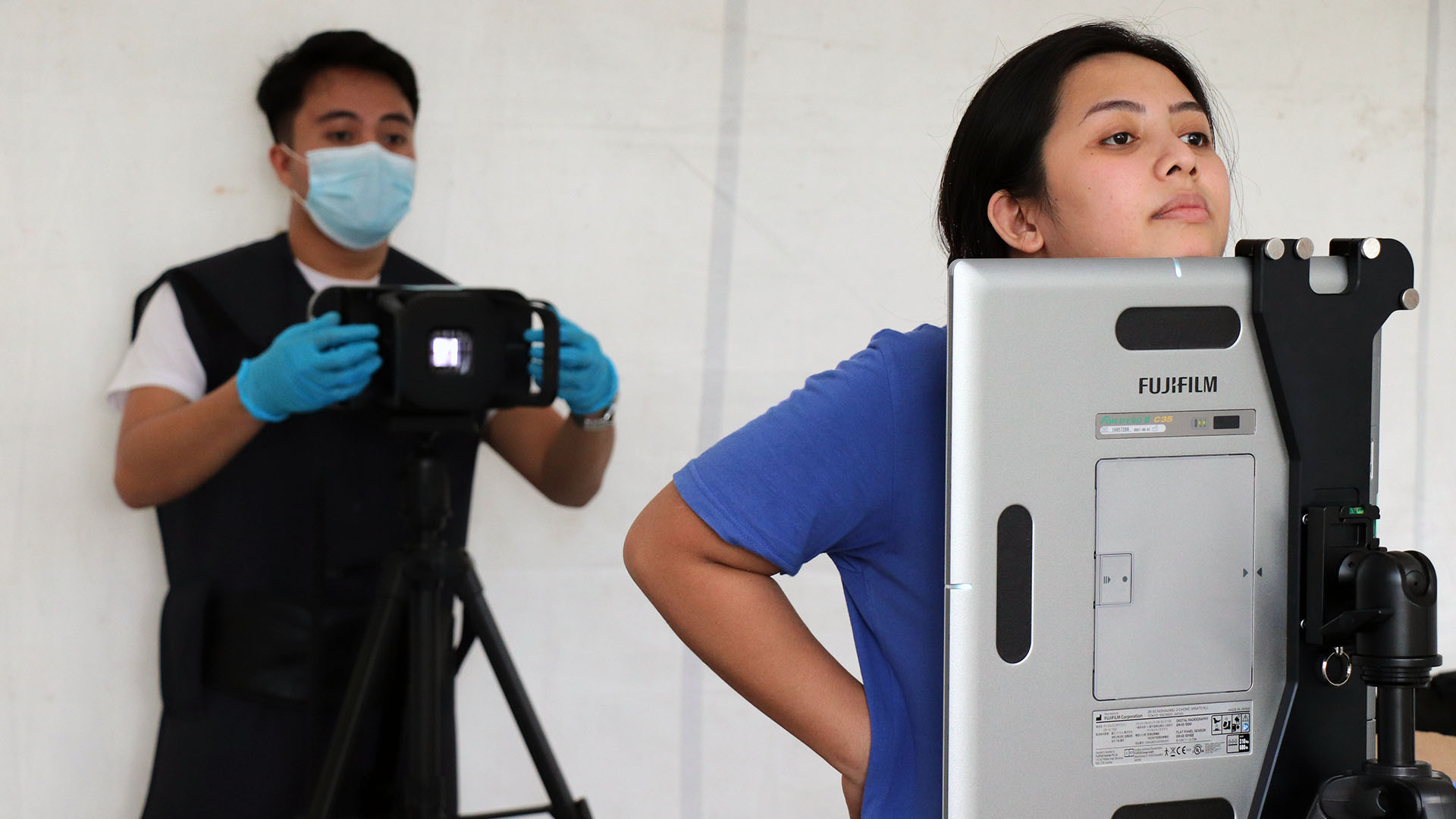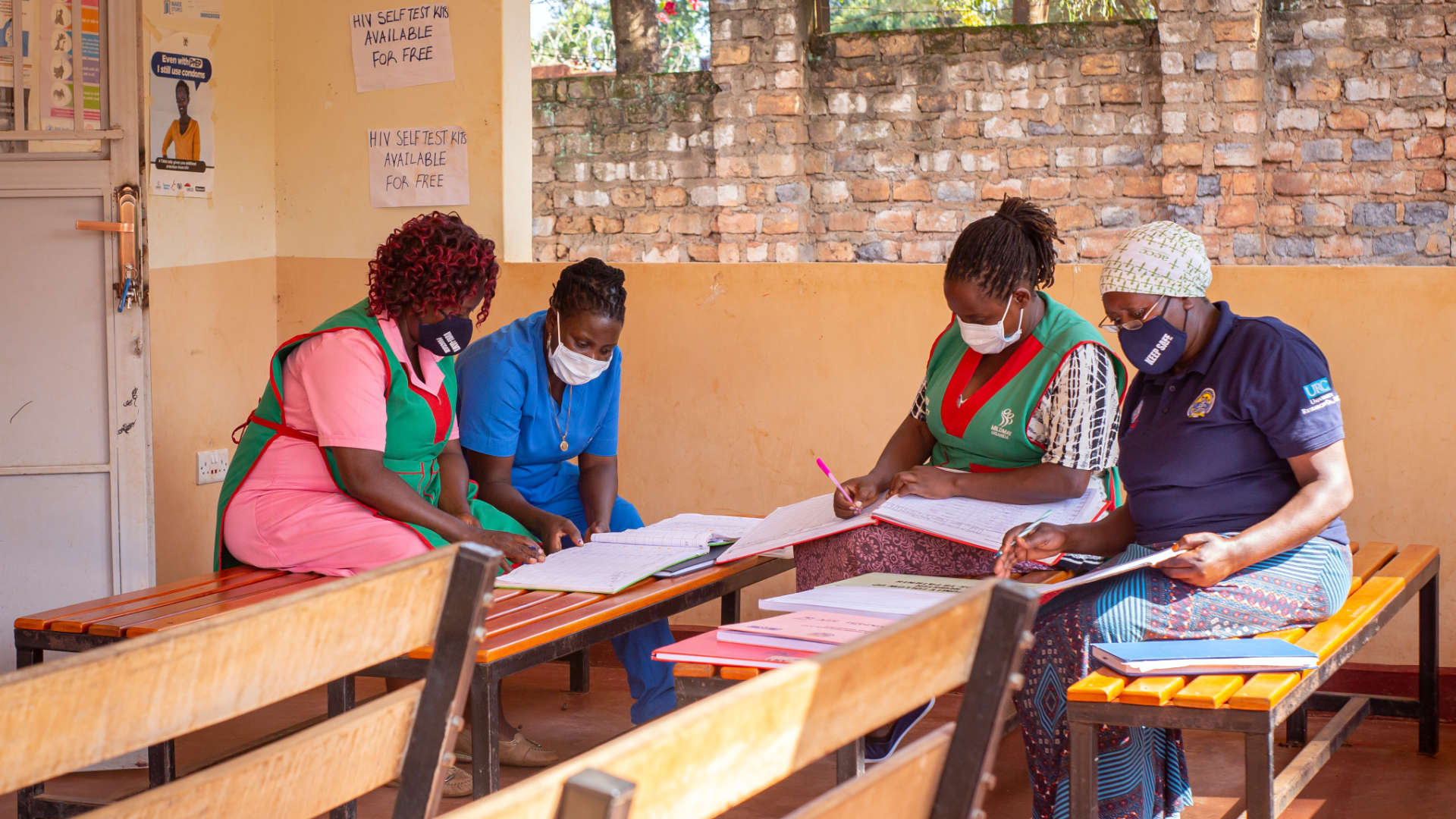By Dr. Abel Nkolo, MBChB, MPH, Chief of Party, USAID Defeat TB Project, Uganda
Tuberculosis (TB) remains a public health challenge globally and in Uganda. In Uganda, some 89,000 people develop TB each year, with only 60,000 diagnosed. Of those diagnosed and started on treatment, only seven of ten complete treatment. A key barrier to diagnosis and treatment is stigma. In fact, the World Health Organisation recently highlighted that the battle to end TB will only be won if stigma, discrimination, and marginalization of TB patients ends.
Stigma is a Reality for TB Patients
Stigma perpetuates a person’s fear of being abandoned by family members, being divorced by a spouse, being excluded from their community, losing a job, or being evicted. Findings from the USAID-funded Defeat TB Project’s 2018 baseline study showed that stigma represents a significant challenge for people with TB with seventy percent of those with TB reporting instances of stigma.
Stigma is pervasive in homes, in workplaces, in places of worship, and in health facilities. Although TB is more prevalent among men, stigma is more greatly experienced by women, by those with limited education, and by the most vulnerable populations including those living in slums.
Stigma can be propagated by fear of the disease in the community, where myths around the disease are rampant. Families, friends, and caregivers can experience stigma for associating with a TB patient. In homes, family members will avoid sharing utensils with a person with TB, although TB is spread when a person coughs, sneezes, spits, or laughs and droplets are inhaled by a nearby person, not via shared utensils.
In the workplace, employers will terminate staff, even if they have been on treatment for at least two weeks or have completed the six-month treatment and are no longer infectious. People cured of TB have been denied visas into other countries even though they are no longer infectious. Increasing knowledge of TB and dispelling myths can end these unfair discriminatory practices.
Stopping Stigma to End the TB Epidemic
Stigma negatively impacts access to TB diagnosis and adherence to treatment and often prevents TB patients return to care,all of which drive new TB infections. Making TB medicines available, innovating new tools for diagnosis, and involving health workers in prevention, care, and treatment are important, but not sufficient to end the epidemic.
The USAID Defeat TB Project is working with the National TB and Leprosy Program to raise awareness about how stigma is deterring progress to eradicate the disease. In Defeat TB’s three focus districts of Kampala, Wakiso, and Mukono, the project works with local health districts, regional referral hospitals, civil society organizations, community linkage facilitators, and health workers to reduce stigma. Interventions include counseling, educating patients, engaging TB survivors to share experiences to raise awareness, and providing accurate information about TB to patients, health workers, and the general population.
Progress has been made to address stigma by enlisting influential public figures to address the issue such as Bebe Cool, the renowned Ugandan musician and Stop TB Uganda Ambassador, and journalists like Solomon Serwanja, the 2019 BBC World News Komla Dumor Award winner.
Ending TB is Everyone’s Fight
Ending stigma requires a multipronged, holistic approach targeting those with TB, survivors of TB, researchers, health workers, civil society, policymakers, donors, and the general public.
There is a role for everyone:
- People with TB and TB survivors should be at the forefront of ending stigma. They can share their experiences and challenges in the mainstream TB community as well as through survivor groups and other peer networks.
- Health workers can provide psychosocial support and give accurate information to TB patients and their treatment supporters. This will allay fears to prevent infection.
- Community groups, opinion leaders, and civil society organizations can educate communities about stigma through awareness campaigns and community dialogues where people affected by TB share experiences.
- Researchers can develop and use existing research tools to study TB-related stigma and disseminate findings to implementers and policymakers to put into practice and policy.
- Policymakers can use these findings to design policies and laws that mitigate stigma.
- Donors can work with the National TB and Leprosy Program and implementers to develop and fund activities to address TB-related stigma.
- The general public can further promote messages disseminated through the mass media to help further sensitize others and increase awareness.
In Uganda, Defeat TB and its partners are working closely with communities ahead of World TB Day. The theme of the day is: It’s Time to End TB stigma – It’s Everyone’s Role. Indeed, it’s everyone’s fight.



